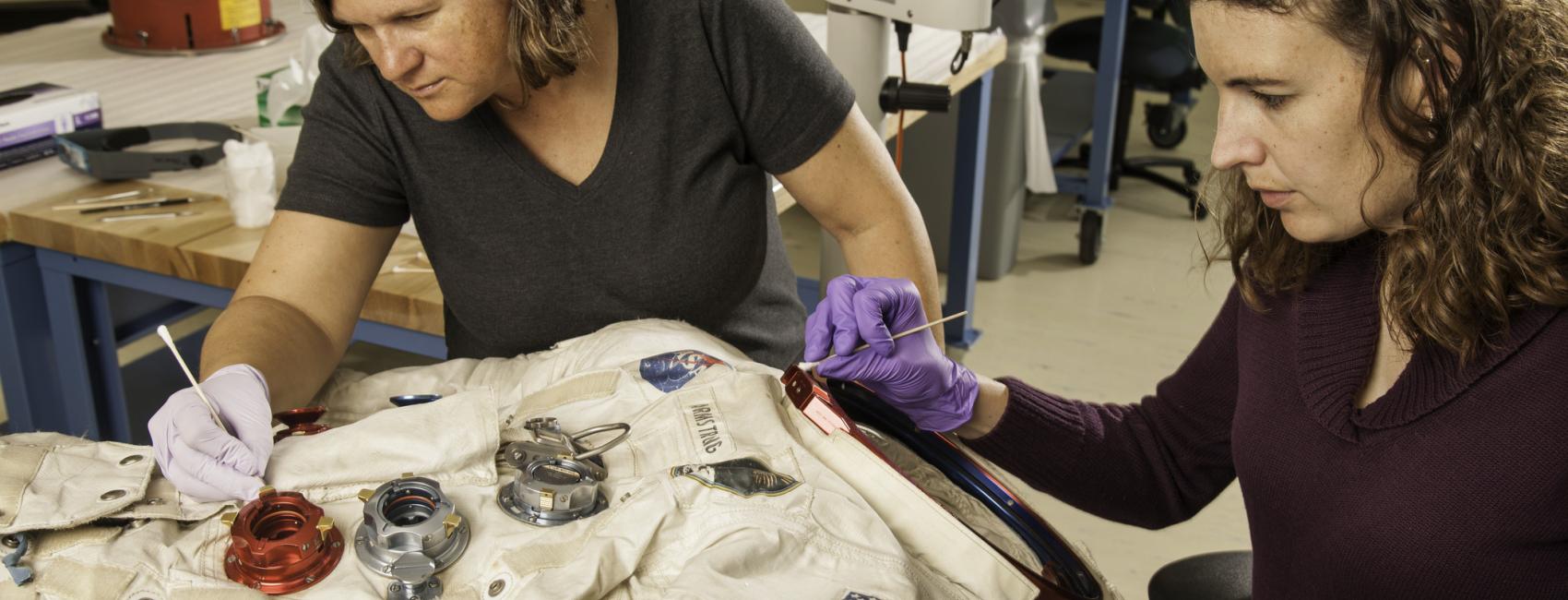
Apr 22, 2010
By Paul Ceruzzi
On April 28th, we will be awarding the National Air and Space Museum’s Trophy Award for Current and Lifetime Achievement. The Trophy was initiated in 1985 and has been given every year but one since then. This year, the Lifetime Achievement Award will be given to Christopher C. Kraft, Jr., for a lifetime of service to aerospace, especially for his role in defining the responsibilities of Mission Control for human spaceflight at NASA. Anyone who has seen the Hollywood film Apollo 13 knows how crucial the mission controllers were in saving that mission and its crew from disaster. While the filmmakers may have exaggerated a few things, in that regard they were correct. Mission controllers—at first located at Cape Canaveral, later on in Houston—were critical to the success of all the human missions into space, and it was Kraft who determined their roles and responsibilities. By the time of the first crewed Apollo missions beginning in 1968, Kraft had been promoted to be Director of Flight Operations, and although he was no longer directly “in the loop” at Mission Control in Houston, the controllers on duty were all his disciples, following his plan.
JSC Director Christopher C. Kraft, Jr. (right), and Eugene F. Kranz Deputy Director of Flight Operations (center), look at a flight plan at the flight operations director console in the mission operations control room of JSC's mission control center. Thomas L. Moser of the Structures and Mechanics Division looks on at left.
Last July, Kraft spoke at the Museum along with the three Apollo 11 astronauts: Michael Collins, Neil Armstrong, and Edwin Aldrin, on the occasion of the 40th anniversary of the historic first human journey to the Moon’s surface. In his remarks, Kraft reminded the audience how the success of Apollo depended on fundamental research done many years earlier at NASA’s predecessor, the National Advisory Committee for Aeronautics, at Langley Field, Virginia, a few miles from the town where Kraft grew up. He began working there in 1945, after graduating from college, and joined the Space Task Group shortly after the Soviet Union orbited Sputnik, when NACA was being absorbed into the newly-created NASA. It was from those humble beginnings that the triumphs of America’s space program emerged. Dr. Chris Kraft will be participating in a live, online educational conference on Wednesday, April 28th. Registration for the event is now open.

We rely on the generous support of donors, sponsors, members, and other benefactors to share the history and impact of aviation and spaceflight, educate the public, and inspire future generations. With your help, we can continue to preserve and safeguard the world’s most comprehensive collection of artifacts representing the great achievements of flight and space exploration.
We rely on the generous support of donors, sponsors, members, and other benefactors to share the history and impact of aviation and spaceflight, educate the public, and inspire future generations. With your help, we can continue to preserve and safeguard the world’s most comprehensive collection of artifacts representing the great achievements of flight and space exploration.